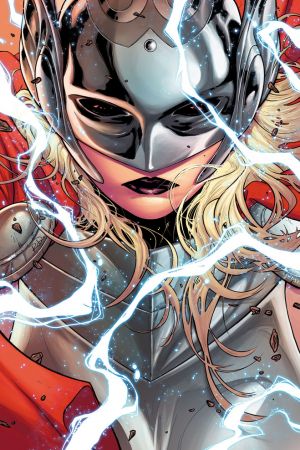I too was baffled, but with some research skills and access to university library databases I found an amazing article:
Zipes, Jack. (1993). "Spinning with Fate: Rumpelstiltskin and the Decline of Female Productivity." Western Folklore. 52 (1) Perspectives on the Innocent Persecuted Heroine in Fairy Tales: 43-60The author begins his discussion by noting the long and rich tradition of spinning-related folktales across many cultures, with the spindle symbolizing female productivity and a cultural or community center. Mothers and grandmothers would tell these tales to their daughters and granddaughters as they spun, making essential products for sewing and weaving for their communities. As the industrial revolution took hold in Europe in the 18th and 19th centuries however, women's economic roles changed. Essential spinning and weaving tasks that once happened at home were outsourced to the new mechanized economy. Spinning tales once rooted in the community became un-moored. Zipes argues that the Grimm Brothers folk tale collection coincides with this transformation. As a result, their strange Rumpelstilkskin tale is a story caught between women's traditionally productive spinning roles and their more ambiguous roles in Europe's industrializing economy.
To support this theory, the author cites an earlier version of the tale where a hapless maiden can only spin flax into gold (no boasting miller). In her world, gold thread is pretty but essentially useless. In short, she's absurdly inept at an essential task. A little man comes by and promises to help and in doing so, make her an appealing choice for a discerning gentleman. In return, he demands her first child. In other words, I have skills you desperately need/want, I'll teach you, but you'll have to pay me. She says yes and a prince marries her (no more spinning anything into gold). Once she has her first child, the little man comes back to test her by demanding his payment. She resists and he offers his name-guessing test. After two days of failure, she rallies her ladies community who go in search of the answer. They find it and the little man flies out on a ladle (a women's implement).
Moral of this earlier story: learn to spin so you'll be a valuable asset to your husband and your community; use your ladies network and control your fate.
While this isn't a fantastic moral by modern standards, it's far better than the Grimm version. In hindsight its easy to see why the version we know is so baffling: it does not reflect a stable, immutable oral tradition. Instead, it reflects a man's interpretation of a woman's tale amidst women's changing economic roles. As women lost their economic value, their role in stories also transformed: they became passive, helpless bystanders as men and magical spinning machines determined their destinies.
Makes so much more sense than most modern interpretations!

